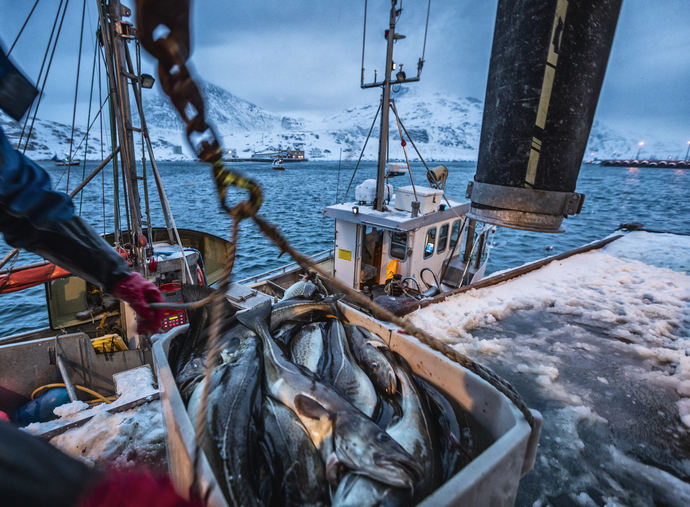Summary: The oceans are in peril from pollution and overfishing, but government intervention is not the answer. In fact, government subsidies to the fishing industry worsen the problem by encouraging overexploitation and monopolization. This article argues that science and technology offer far better solutions for protecting the oceans and the fishing industry.
As most people know, the future of the oceans could be at risk from pollution and overfishing. The governments’ first instinct is to do what it always does: step in and assume responsibility for the problem. But is that always the right solution? Government intervention frequently does more harm than good. Rather than relying on politics to protect the oceans, we are better off leaving their future to science.
For example, take fishing industry subsidies. The fishing industry is hurting, with pollution and rising temperatures among the factors impacting the lives of commercial fishermen. In response, governments pay over $22 billion a year in capacity-enhancing subsidies that help offset the cost of fuel, gear, and vessel maintenance. These subsidies make it more affordable to fish, but they also lead to the overexploitation of the fish population and make it difficult for small fisheries to compete. Rather than helping, the subsidies ultimately undermine the fishing industry.
The subsidies enhance the monopolization of the commercial fishing industry by allowing only the big players to get their share of fish. Many experts believe that the subsidies deplete the fish stocks that these fisheries rely on, and science tells us that removing the fishing subsidies would increase the overall availability of fish.
The governments’ response, in other words, has led to a decline in catch rates and depletion of fish stocks in deeper waters that were once unfishable. Overall, governments hand out more than $35 billion each year to the commercial fishing industry. That is equal to 20 percent of the value of every commercial fish caught. With fish stocks at historic lows and much of the water fished beyond the point of recovery, is more fishing the answer to our problems?
The main overfishers aren’t always in the Western world. The United States is the only Western country to appear on the “Pacific 6” list of countries responsible for 80 percent of the world’s bigeye tuna fishing, for example. The others are China, Japan, Taiwan, South Korea, and Indonesia. In fact, China is the primary offender. In 2018, China distributed $7.2 billion in subsidies – more than any country in the Pacific 6. The country has nearly 17,000 ships, many of which are illegally trawling through the Pacific.
To save the fishing industry, we must prevent overfishing. And for that, we should rely on technology, not subsidies. Companies like Fishtek Marine seek to end bycatch, which accounts for as much as 40 percent of the world’s catch. Bycatch happens when another marine animal is accidentally caught by a fishing net intended for something else. Fishtek’s technology warns sea mammals that rely on echolocation to communicate with one another. If the technology is widely adopted, the mammals will know that they need to stay away from the fished area, thus avoiding the fishing nets. That will not only save marine life, but reduce the stress and work involved in commercial fishing as well.
If the government is going to spend money on the fishing industry, they should take these same subsidies and tie them to conservation and sustainability rather than mega fishing operations. Territorial Use Rights in Fisheries Management, for example, allows certain fishermen to fish in certain areas for an allotted amount of time. Countries such as Chile, Belize, Denmark, and the United States have already started implementing the TURF procedures.
The state of the world’s oceans is made worse by government subsidies, which lead to monopolization and more overfishing. The subsidies should stop!

